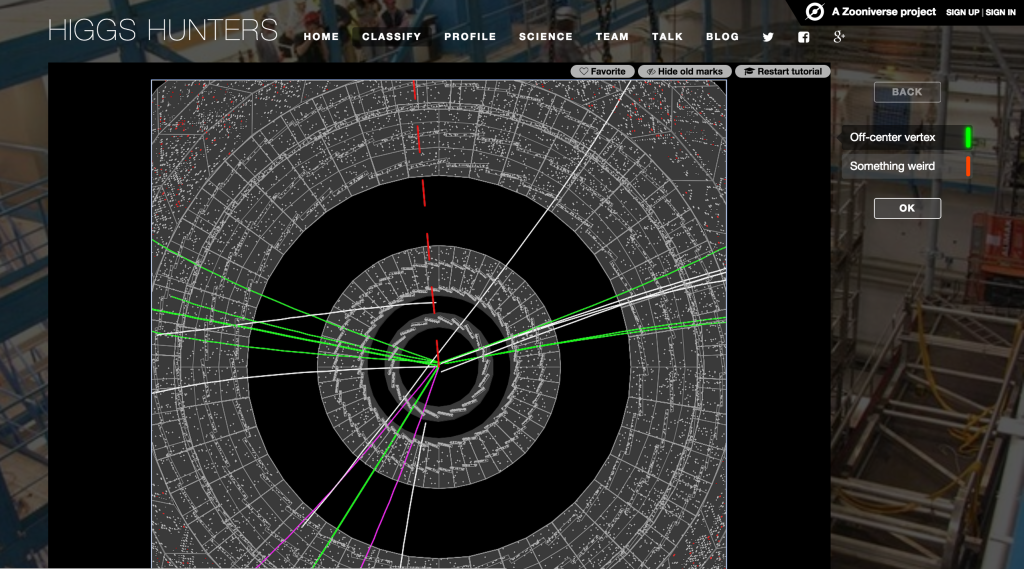You are probably familiar with the success of crowd funding websites like Kickstarter and Indiegogo; the aim of the game is to source funding for your particular project by promoting it to the internet and creating an awards system to provide a prize consistent with a contributions size. But did you know that the same concept has been extended to scientific experiments?

Lunar Mission One intends to crowdfund a lunar module which will dig into the moons surface to find out more about its origins. Credit: Lunar Missions Ltd
Most recently in the limelight is the british based project Lunar Mission One which aims to send a robotic lander to drill into the moons surface and find out more about its origins. As a reward for your monetary donation you will receive access to a memory box (essentially storage space on a hard drive) which will be lowered into the moons surface after the experiment has been completed. If you’re feeling particularly generous, donating just £60 or above will allow you physical space on the lander to deposit some of your hair…I’ll leave it up to you to decide how weird or wonderful you think that is.
Lunar Mission One has been advertised on Kickstarter which caters for any and all kinds of projects, but science specific crowd funding websites such as experiment.com, scifundchallenge.org and petridish.org have been receiving quite a lot of attention for their new approach to funding scientific endeavours. In particular, this method of funding more than any other requires excellent public engagement and communication. If your project is not understood, it simply won’t get funded, no matter how cool your pretty 3D graphs look! Can crowdfundeding replace conventional funding sources? Absolutely not! But they do offer an alternative for small scale projects by independent or young researchers with great ideas and buckets full of ambition.
Another kind of “crowdfunding” for science does not involve raising money at all but instead seeks to take advantage of the most powerful computing systems in the world, people! Crowd-sourced science (aka citizen science) is essentially a way of outsourcing data analysis and problem solving to the general public. Famous cases of this included Zooniverse’s Galaxy Zoo which asked people to classify galaxies based on a simple set of rules and Foldit a puzzle game designed to get users folding proteins with the hope of designing some that could help prevent or treat important diseases.
A new crowd-sourced science project with extensive roots in Oxford is the slightly addictive Higgs Hunters. Here users are given real data from the ATLAS experiment at the Large Hadron Collider in CERN and asked to identify particle decays which are unusual and potentially Higgs like in nature. The ATLAS detector produces enough data each year that if you were to write it all to DVDs and stack them on top of each other they would stand taller than Mt. Everest, so basically, they need all the help they can get!

Screenshot of the crowd-sourced science site HiggsHunters which gets users to identify Higgs like particle decays.
Arguably the greatest advantages of crowdfunding and crowd-sourced science are that they engage the public in current scientific research. They get people excited and let them make a real difference in both which projects are done and how they are executed. It challenges the very idea of what it means to be a scientist and helps researchers down from their ivory tower to connect them with the people they’re really doing the research for. Furthermore, allowing the general public to see exactly the kind of research that is going on and to engage with it helps to create a better image for science as a whole which may in the future lead to greater conventional investment or better still, inspire the next generation of scientists!
![Crowdfunding the Higgs You are probably familiar with the success of crowd funding websites like Kickstarter and Indiegogo; the aim of the game is to source funding for […]](/wp-content/uploads/2014/03/Science-in-Society-Blog-final-draft-640x361.jpg)